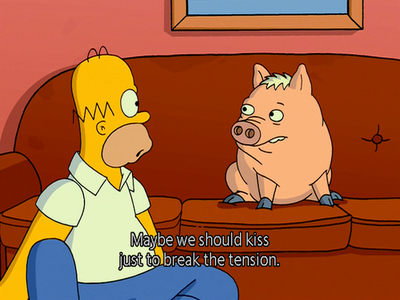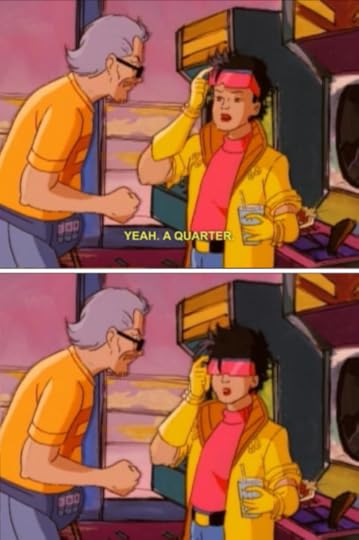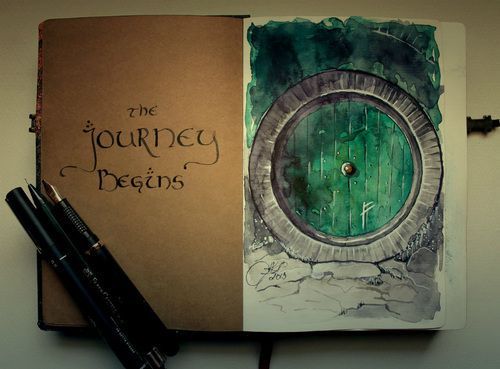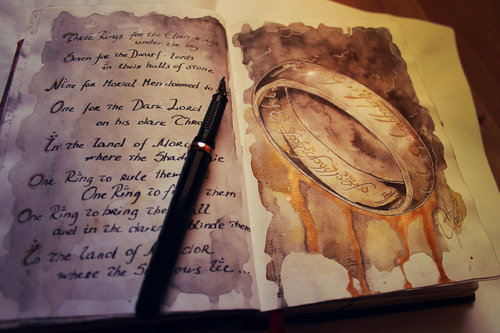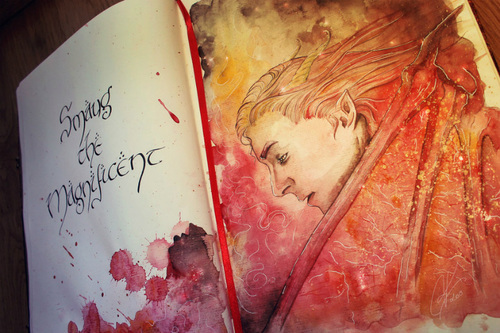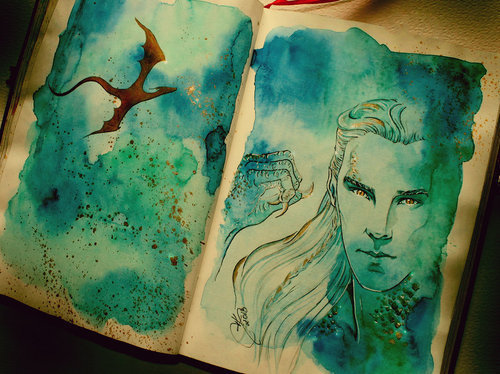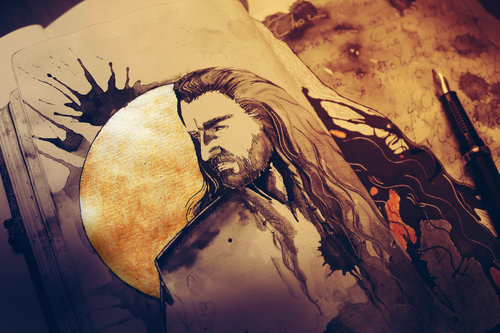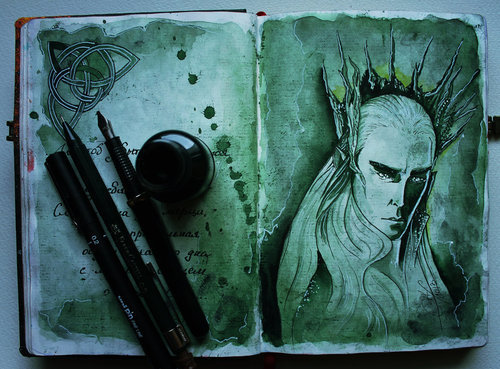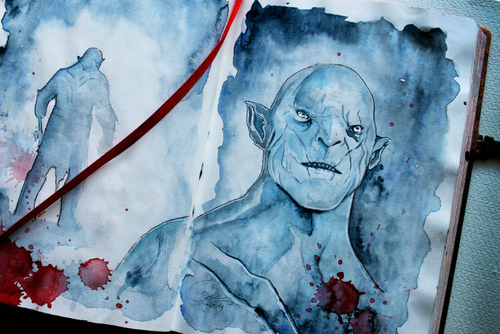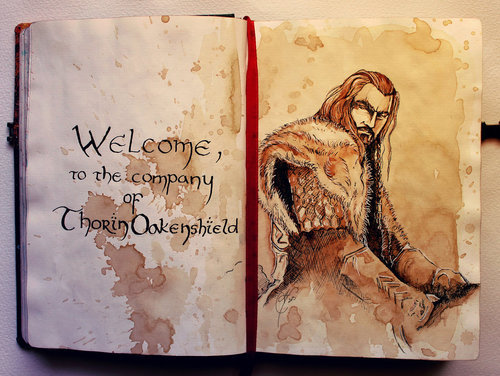Raeden Zen's Blog, page 417
July 9, 2013
"Any sufficiently advanced technology is indistinguishable from magic."
- Arthur C. Clarke (via blo0dinthewater)
July 8, 2013
"Two possibilities exist: either we are alone in the Universe or we are not. Both are equally..."
- Arthur C. Clarke on extraterrestrial life. (via saturnringer)
July 7, 2013
kateoplis:
Deserts from Space
Book Review: Of Mice and Men by John Steinbeck
A Tragic Novella of Companionship and Destroyed Dreams
“Lennie still stared at the doorway where she had been. ‘Gosh, she was purty.’ He smiled admiringly. George looked quickly down at him and then he took him by an ear and shook him. ‘Listen to me, you crazy bastard,’ he said fiercely. ‘Don’t you even take a look … I don’t care what she says and what she does. I seen ‘em poison before, but I never seen no piece of jail bait worse than her. You leave her be.’”
“Of Mice and Men” begins with two men walking along the Salinas River and ends with two men walking along the Salinas River and in between we are transported to a distant world dominated by the Great Depression, by two migrant workers whose American Dream has been repeatedly shattered by the economic downfall. It is a world where mental illness had not yet been understood and is Shakespearean in mood: From the initial steps along the river and the first words uttered by George to Lenny and the foreshadowing that follows at the farm, we know the story ends badly. We can see Lenny’s big hands and George’s lips flapping, warning while they imagined better times, of living off the land where Lennie can tend his rabbits and George can farm in peace with Candy and Crooks.
The bottom line: “Of Mice and Men” isn’t always an easy read. Its language is of an era that is foreign to many Americans, racist at times, harsh or filled with vile slang at others (see above). But with limited pages of a novella, Mr. Steinbeck finely draws the characters that populate this world in such a way that you can’t help but be transported to their lives, to their struggle. You’ll hate Curley and his wife and you’ll sympathize with the rest, especially Lennie Small and George Milton as they descend to an inevitably depressing conclusion.


